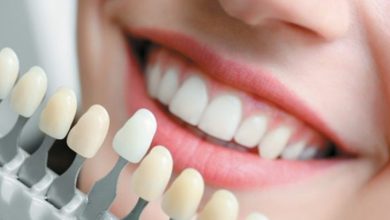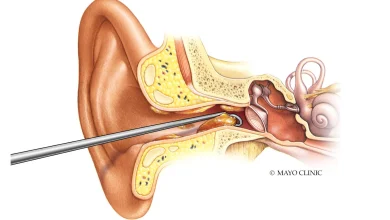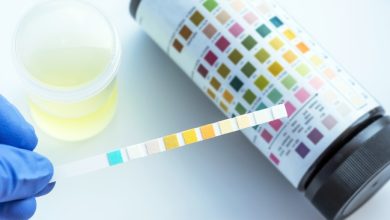What Types of Treatment Are Available for Heroin Addictions

Heroin is a highly addictive substance that can be difficult to kick without professional help. A heroin addiction treatment facility can help if you’re determined to quit. The treatment involves maintenance therapy, which substitutes the toxic heroin with less harmful alternatives with similar effects on the mind. You can progress from maintenance to detox, where you quit the alternatives to become free from heroin and other substances.
Table of Contents
2 Main Heroin Addiction Treatment Options
Treating heroin addiction starts with quitting the substance, which can be daunting, given the addictive nature of the substance. If you’ve been using for a long time, stopping can result in withdrawal symptoms. Prevalent symptoms of heroin withdrawal include anxiety, chills, vomiting, diarrhea, sweating, and achy muscles and bones.
Some people relapse to escape the withdrawal symptoms, which can cause more harm. Tolerance may drop during abstinence, so a relapse can be fatal. Addiction experts recommend sticking with a treatment plan to fight the withdrawal symptoms. The two main options available for heroin addicts include medication and psychosocial treatment.
1. Medical Assisted Treatment
The US FDA (Food and Drugs Administration) approves three medications for treating heroin and opioid addiction. Methadone is the most popular medication. Other options include buprenorphine and naltrexone. Each medication works differently, but all are classified as OSTs (opioid substitution treatments) or OATs (opioid agonist treatments). They have similar effect heroin and opioids have on the brain but are not as harmful.
Medical assisted treatment (MAT) can reduce relapse risk and save more lives because the medications aren’t lethal. Their availability varies, so patients in some parts of the country may not have access. Addiction experts also use other types of medication for detox and withdrawal symptoms management. Users who quit heroin after a long period of heavy abuse need 24/7 monitoring in the first few hours. The goal is to treat and manage the symptoms.
2. Psychosocial Treatment
Professional psychosocial treatment is the most popular heroin addiction treatment available to patients across the country. Leading treatment facilities offer this option to help patients target the root cause of their addiction. The treatment requires a state-licensed provider, mental health therapist, psychologist, substance abuse counselor, or social worker. Psychosocial treatment may involve individual, group, or family counseling sessions.
The sessions are scheduled daily, weekly, monthly, or based on the patient’s clinical needs. Psychosocial treatments are abstinence-based. Some facilities also prioritize reducing the harms associated with drug use/misuse. Psychosocial treatment focuses on behavioral therapies and contingency management to train the mind away from dependence. Treatment may also involve substituting the drug with other healthy indulgences.
Other Types Of Heroin Addiction Treatment
Treating heroin and drug addiction calls for a personalized approach. Drug users and abusers exhibit different stages of addiction. Some can get over their addiction by reading holistic articles detailing the signs, causes, types, science, and psychology behind their indulgence. Others are better off with self-help, therapy, meetings, rehab, and other methods. The best way to treat heroin addiction is to understand your unique situation.
Taking shortcuts won’t protect you from relapse, given the strong temptation. You need to understand the addiction, its causes, triggers, and brain responses. Speaking to an experienced therapist, counselor or psychiatrist may also be helpful. The goal is to target addiction at the roots by treating the reasons and focusing on the individual. Without lasting solutions, you’re only a hit away from a lethal relapse and may undergo endless treatment programs.
Education programs can give you the foundation to understand your addiction and make the right decisions for your future. Leading treatment facilities offer multiple solutions, including local meet-ups, clinics, professionals, and medication. Heroin addiction is more like a disease and can be treated. Everyone has unique addictions, and your heroin dependence isn’t something to be ashamed of.
Working With An Addiction Treatment Professional
People struggling with heroin addiction have many avenues for help, but none beats working with a professional. Addiction experts span different individuals, including trained counselors and those who’ve overcome their addictions and stayed sober for years. Working with professionals who understand the psychology behind substance addiction gives you the best chance of finding a solution. Treatment may involve medication and behavioral therapy.
You’ll undergo detox to remove traces of the heroin from your system and treat the withdrawal symptoms. Once you’re stable, the specialist will begin to work on your mindset to treat the root cause of your addiction. The best heroin addiction treatment focuses on identifying why you became dependent to help you avoid relapse. You’ll be fully aware of why you’re addicted based on existing brain science, trauma, childhood exposures, and other factors.
See more page for more information




